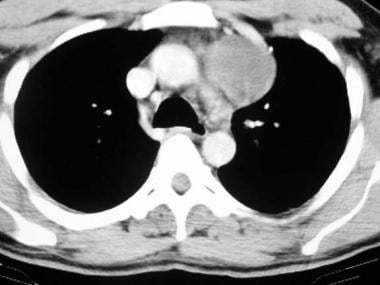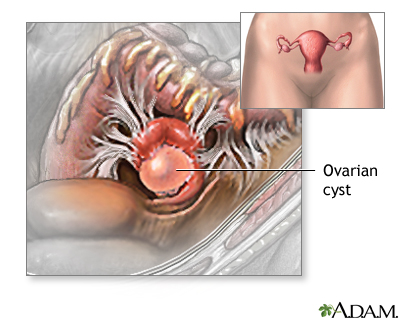
A cyst is a pouch-like, closed structure that can develop anywhere in the body. They are usually filled with fluid, air, pus, or other material. While most cysts are benign, they can cause pain and discomfort. Here is a brief description of the different types of cysts. You may also experience some of these symptoms if you have a cyst in your body. However, if you have these symptoms, you should seek medical attention immediately.
Some types of cysts are more common than others, so it’s important to get a thorough diagnosis. Symptoms of a cyst can vary greatly, and they can be easily overlooked. In many cases, a cyst will disappear without treatment if it’s uncomplicated or pain-free. If you’re concerned about the pain or swelling, you can visit your doctor for a checkup. A doctor may prescribe painkillers or recommend other treatments that will relieve your discomfort.
Imaging studies may be used to diagnose cysts. While they aren’t always helpful in determining the exact location of a cyst, they can be very useful in determining its cause. A doctor can also perform a urine test to rule out other potential causes of the pain. A CT scan is an advanced imaging method that uses a computer to create a detailed image of the area in question. A surgeon can drain a cyst if it is too large or produces symptoms.
There are many causes of cysts and there are many risk factors. In some cases, an injury or traumatic event can cause the growth of a cyst. Some types of cancer may lead to a cyst, but most of the time, a cyst is harmless. This means that you can have a healthy life while still suffering from a cyst. With proper diagnosis and treatment, a cyst can be a minor inconvenience. The pain and discomfort caused by a cyst can be very uncomfortable.
A cyst may be asymptomatic and have no symptoms. The best option to treat a cyst is to consult with a physician. A physician can help you determine if a cyst is an organ tumor or a skin infection. It is important to know the type of cyst you have to avoid a surgical procedure if you’re suffering from a severe case. Once the doctors have determined the type of cyst you have, they can decide whether or not to drain it.

A cyst may cause pain or other complications. The most common symptoms of a cyst are inflammation and pain, but some people may not experience any of these symptoms. They may only have a mild swelling and be asymptomatic. If you do notice any pain or discomfort, it is important to consult a physician as soon as possible. You should be aware of any abnormalities in your body and talk to your doctor. The doctor will give you a full analysis of your condition and recommend treatment.
The cyst can affect the lungs, brain, and other internal organs. Some types of cysts may be congenital, while others may be acquired later in life. A healthcare professional will be able to determine the size and type of cyst you have and decide if treatment is needed. For the most common types of cysts, imaging is essential for proper diagnosis. A surgical procedure may be required to drain the cyst.
The cyst may contain a thin layer of serous fluid. Other types are filled with blood or mucinous fluid. Various causes and symptoms are associated with cysts. Acute and chronic infections can lead to cyst rupture, and it is important to seek treatment immediately and get infection prevention advice online https://jemberpulsa.net/. Acute and chronic inflammatory conditions are the most common causes of cysts. Some types of acute and chronic diseases can lead to cysts. If you are concerned about a cyst, you should see a doctor to find out what is causing it.
The most common type of cyst is pilonidal. The most common type of pilonidal cyst is painful and usually occurs in women between the ages of 15 and 35. They can be found in the genital area, armpits and navel. Some types of ovarian cysts are cancerous. In this case, you should consult a doctor to make sure that there are no complications or good quality of the cyst.